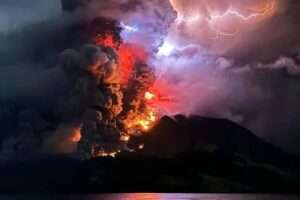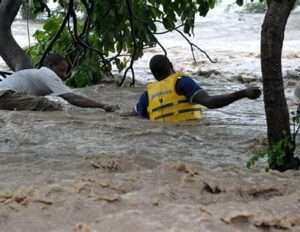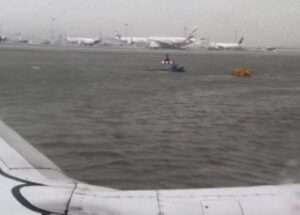‘She clung to the children’: Nigeria boat tragedy survivors mourn.

As the search continues for dozens still missing after a Nigerian boat tragedy, survivors mourn 106 fellow wedding guests and relatives.
Passengers travel in a boat in Akwa Ibom, southern Nigeria.
Ilorin, Nigeria — In Nigeria, wedding ceremonies spilling over from one day into another are as frequent as the parties are colourful; the one Ibrahim Mohammed attended on Sunday, June 11 in the Egboti community of Niger state was no different.
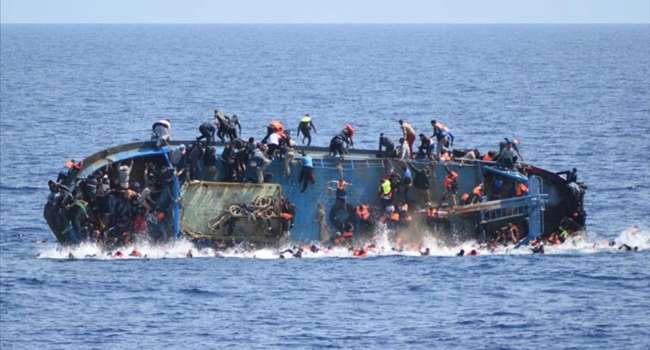
So after the party, he set forth before dawn on Monday for home: Egbu village in the Pategi local government area of nearby Kwara state.
Since the road connecting both communities was in a bad state, he boarded a large boat, alongside more than 200 other wedding guests and one motorcycle for the 40-minute ride across the Niger, the river that gives Nigeria its name. The clouds were still dark as their boat sailed from the waterside.
Only a few minutes into the journey, the travellers heard the sides of the boat break. It had hit something. Water rushed into the boat. The engine stopped.
Afraid, they began jumping into the Niger to swim back to shore.
But as Kwara state police spokesman Okasanmi Ajayi told Al Jazeera on Wednesday, 106 of them never made it. They were pulled from the water, lifeless. Many were women and children. All were related to the groom.
Another 144 were rescued, including Mohammed.
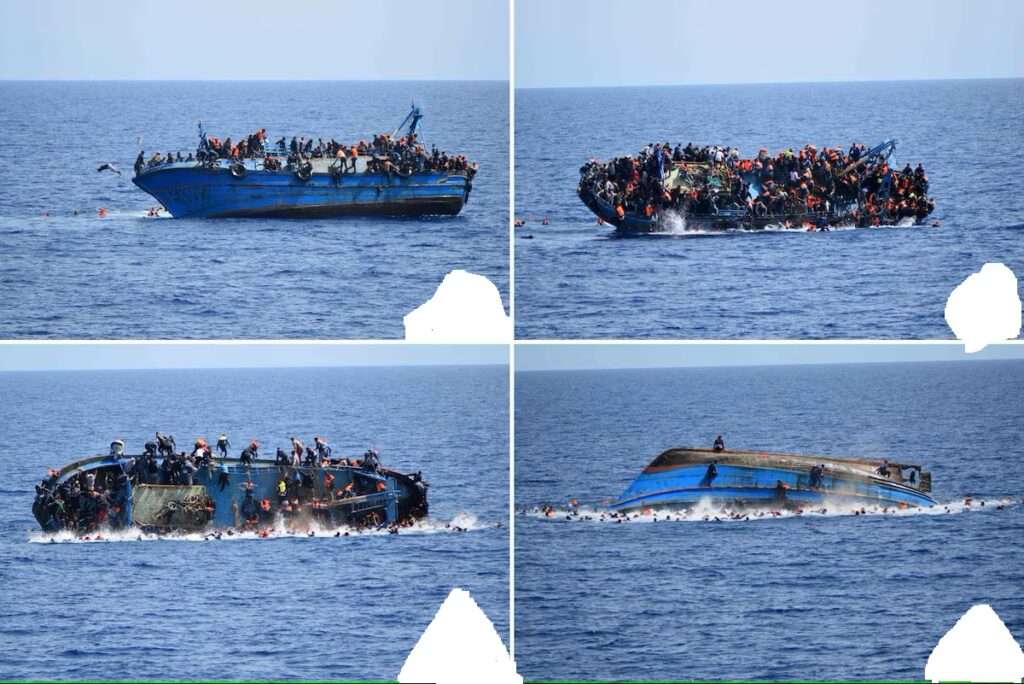
“I feel very sad …. we have had boat accidents before but this kind of thing has never happened to us in our life before,” the 26-year-old undergraduate of Ahman Pategi University in Pategi, told Al Jazeera. “Most of the people in our community lost some family members.”
An unknown number of passengers are still missing and their families are still waiting for news.
Help was slow in coming, survivors say. And reports of the tragedy barely made it to the media.
“The nearest police station to that place was about four to five hours’ drive and by the time the police got there on a rescue mission … it was late,” Ajayi told Al Jazeera. “As I speak, the police are still on ground to see if any other survivor or dead body could be recovered.”
Boat accidents are a regular occurrence in Nigeria, due to multiple factors including flooding and lack of safety gear.
Last September, 33 people reportedly drowned after a similar incident in Niger state. In April, five people died in another boat accident in the southern state of Bayelsa.
‘She clung to the children’
After Mohammed swam to the shore, he saw other men from the boat, all jumping back into the water to help pull others to safety.
“I personally helped two adults and one child, but we soon got tired because the people in need of help were too many and that part of the water was shallow and dangerous so our effort failed,” he told Al Jazeera.
Some of those who did not survive were women with children with them who couldn’t swim, or those who did not want to leave their young behind.
Mohammed’s sister and four of his female cousins were among them.
“I saw one of them, who was a very good swimmer in the water but she didn’t leave because she clung to the children,” he said. “Another of them is survived by four children.”
In Kpada, Egbu and Gakpan villages in Kwara as well as Niger’s Egboti, the people mourned and counted their losses as news trickled in. “I lost 10 members of my family, including my five brothers, father, mother and stepmother … about 80 people died from my village alone,” Mohammed Modu, a farmer in Egbu told Al Jazeera.
The retrieved bodies were buried by the river in each village, according to traditional custom.
Interactive_Nigeria_BoatCapsize
(Al Jazeera)
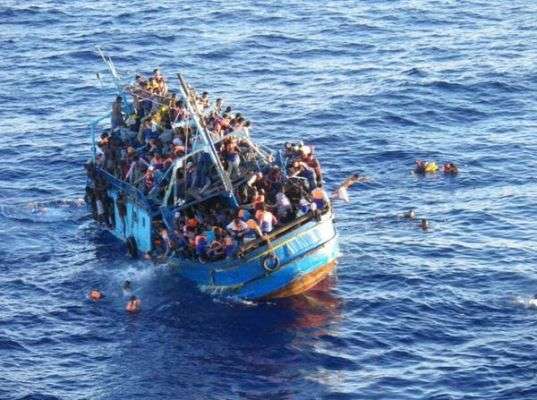
‘None of us is able to sleep alone’
Modu was asleep when a friend called at 4am with news of the boat capsizing. He shouted, “Oh my God” and hurriedly got up and started running to the Egbu waterside, he told Al Jazeera.
“I started running to the riverside … hoping I could find them or their dead bodies but I did not see anyone there. I broke down and I started to cry,” he said.
By daybreak, he had counted 10 dead relatives.
Survivors and other residents are now relocating to other villages and towns, wishing to seek new lives after the tragedy. Modu too, plans to leave.
“If it is possible, I am going to move to Ilorin to work as an okada [motorcycle taxi] rider,” he said, crying.
Migration away from the community is only part of a broader feeling of devastation for survivors and the families of victims, said Olasunkanmi Habeeb, of the Institute for Land and Community Resilience at the Federal University of Technology in the Niger state capital, Minna.
“The impact can be life changing and families may struggle to cope with the loss of loved ones or with caring for those who are injured,” he said. “It may also exacerbate existing social and economic inequalities.”
The accident exposed shortcomings in regulation safety standards and highlighted the need for better infrastructure and emergency response capability, he said.
Authorities in Abuja and Ilorin, the state capital, have released commiseration statements.
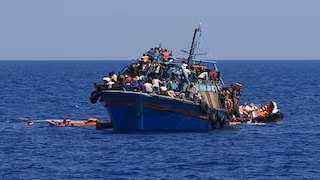
President Bola Tinubu who said he was “deeply saddened”, urged the Kwara government to investigate the incident; Abdulrahman Abdulrazaq, the Kwara state governor, led a government delegation to Pategi and promised to donate 1,000 life vests.
But as of Thursday afternoon, residents involved in organising a search and rescue mission told Al Jazeera that no officials had attended the scene yet.
Back in Egbu, Mohammed said he also considered leaving town but was unable to do so because his parents’ roots are there. Leaving would add to their sorrow, he said, and they were all now interdependent.
“None of us is able to sleep alone,” he said. “We now gather up to like five people in the room to be able to sleep.”
SOURCE: AL JAZEERA
Richard Koomson| mediacentralonline.info |Ghana
kindly send us your stories on our WhatsApp line 0500004727


